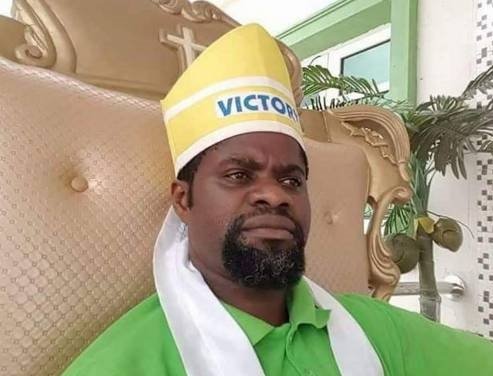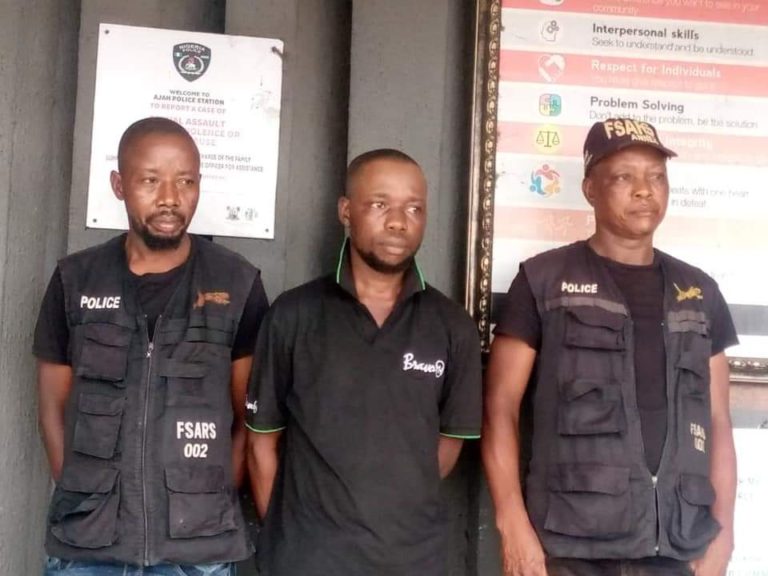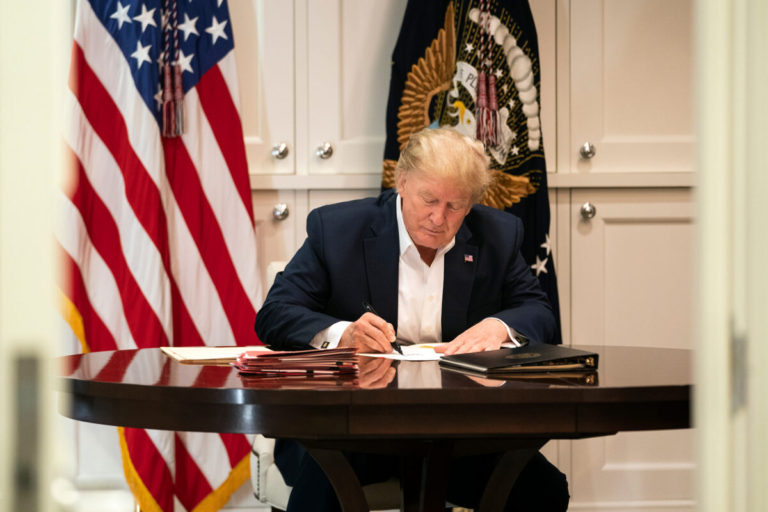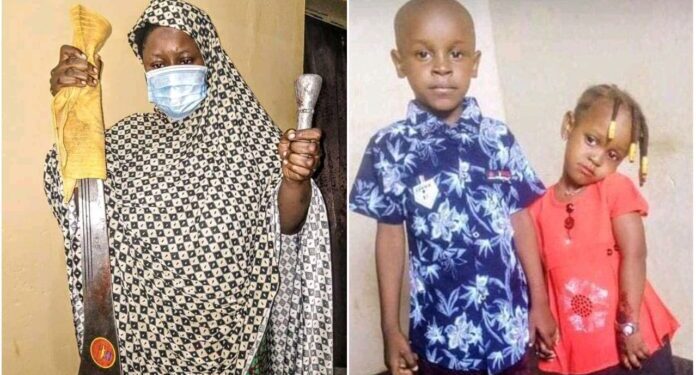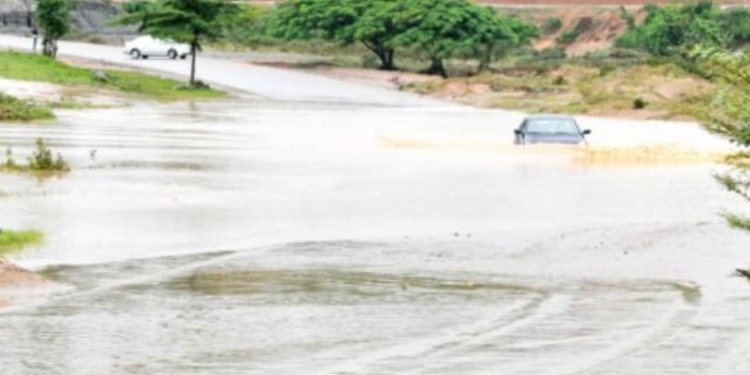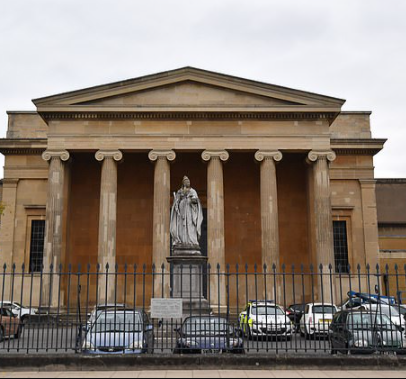Analysis by Stephen Collinson, CNN
A strongly medicated President Donald Trump bolted from his VIP hospital bubble Monday, staging a bizarre White House comeback that included an irresponsible mask removal and a reckless pronouncement there is nothing to fear from Covid-19, which has already killed 210,000 Americans.
His actions show him, if anything, entrenched deeper in denial over the virus than ever before and more committed to trashing scientific protocols that could slow the pandemic.
“We’re going back. We’re going back to work. We’re gonna be out front. As your leader I had to do that. I knew there’s danger to it but I had to do it,” Trump says in a strange campaign video whipped up by aides within an hour of his return to the White House, in which the President framed himself as a warrior who took on the virus and won.
“I stood out front. I led. Nobody that’s a leader would not do what I did. I know there’s a risk, there’s a danger,” Trump said, despite his doctors earlier saying he is still not fully “out of the woods” in his fight with the virus.
A still infectious Trump ignored advisers who wanted him to stay admitted and instead rode Marine One from Walter Reed Military National Military Medical Center back to 1600 Pennsylvania Avenue.
Profound questions remain about the state of the President’s health after he tested positive for the disease last week and suffered two dips in oxygen levels. A torrent of misinformation surrounds his condition, including when he actually got sick. That health information is crucial to establishing whether the President went ahead with official duties while potentially infectious with Covid-19.
Meanwhile, the virus continues to rip through the White House, which has become a hotspot amid flagrant violations of social distancing.
White House spokeswoman Kayleigh McEnany said she was positive — “after testing negatively” — in a possible attempt to excuse her failure to wear a mask when briefing reporters Sunday. Two of her staffers have also tested positive for the coronavirus.
White House press secretary and two aides have tested positive for coronavirus
Trump choreographed his departure from the hospital, which coincided with network evening news bulletins, emerging from the front door and clenching his fist. His flight home turned into a personal victory lap against a virus that is still in his system, showing how he intends to try to pivot the events of the last few days into a political winner.
Back at the White House in imagery replete with authoritarian overtones, Trump climbed the staircase at the South Portico, which was decorated with American flags, removed his mask, adjusted his suit, lifted his chin and saluted the departing helicopter in a reckless photo op that was one of the most bizarre moments in modern presidential history.
Then, still bare-faced, Trump, in scenes that would not have been out of place in totalitarian North Korea, walked into the presidential residence, contaminating the air inside. He then reemerged with a film crew to make the campaign video, in which he gave deeply misleading and potentially damaging advice to the American people about how to handle the worsening pandemic.
“Now I’m better and maybe I’m immune? I don’t know. But don’t let it dominate your lives. Get out there, be careful,” the President said.
His behavior alarmed public health experts.
“It is inexplainable that the President of the United States, who is actively shedding virus in millions of particles, would walk into that building with an enormous number of staff, unmasked,” said Dr. Jonathan Reiner, a professor at George Washington University School of Medicine.
“It is really hard to understand how no one told him not to do that. There doesn’t seem to be anyone in charge of his care other than the President of the United States, other than the patient,” Reiner told CNN’s Erin Burnett.
‘Some really great drugs’
How Trump’s Covid-19 treatment is far different from what most American patients get
Trump earlier announced his pending departure from the hospital in a tweet in which he said he felt better than he did 20 years ago and showed no sign that his brush with a serious disease had caused him to rethink his previous messaging about the virus.
None of the seven million Americans who have tested positive for Covid benefited from the 24-hour treatment and several experimental therapies that were given to Trump in a dedicated suite tended by the military’s best doctors.
Trump’s comments will come as a cruel blow to relatives of Americans who have died from the disease and the many who have recovered and are now so-called “long-haulers” suffering serious after effects. It shows the same kind of denial and negligence that the President has displayed all along about a national crisis that he downplayed and mismanaged and relegated behind his own personal political needs.
“He is clearly doubling down on the worst mistake of his presidency,” CNN political analyst David Gergen and adviser for four presidents told Wolf Blitzer.
“I think he is going to get a lot of people killed as a result,” Gergen said, adding that he sometimes wakes up in the morning and thinks American is in the grip of a “mad man.”
Since the President was diagnosed with coronavirus on Thursday night, more than 2,000 Americans have died and there have been a further 150,000 infections. There are alarming signs that the feared fall and winter spike is beginning to unfold with cases rising in 22 states.
Trump defies advisers by leaving hospital
The President left the hospital despite his advisers telling him that it would be better if he stayed, given the uncertainties of the disease.
“You don’t wanna come back,” is the message that’s been relayed to the President, one source told CNN. If Trump got worse after returning to the White House, this source said: “That would be bad.”
But the President, who has been itching to come home for several days, has a pressing political interest in proving that he is better 28 days from an election in which he is trailing Joe Biden. His campaign said Monday that he fully planned to debate the Democratic nominee in their second head-to-head clash — a town hall event with members of the public in Miami next week. Trump’s press aides are busily boosting his personality cult of a conquering strongman who beat the virus in order to show Americans there is nothing to be afraid of.
Biden wished Trump and first lady Melania Trump well in their convalescence during a campaign trip to Florida. But he also appealed to the President to take the virus more seriously.
“Now that he’s busy tweeting campaign messages, I would ask him to do this: Listen to the scientists, support masks,” Biden said.
Vice President Mike Pence plans to debate Democratic vice presidential nominee Sen. Kamala Harris of California, on Wednesday in Utah, despite the viral wave sweeping through the White House. The Commission on Presidential Debates has decided that the two candidates will be separated by plexiglass on stage to prevent the possibility of airborne contamination.
Pence spokeswoman Katie Miller mocked her boss’ adversary over the precaution — showing the disregard for basic health measures that are typical in the White House.
“If Sen. Harris wants to use a fortress around herself, have at it,” Miller said.
Trump’s diagnosis interrupted his efforts to race to the finish line in a desperate bid to overturn his deficit to Biden and win a second term.
His campaign on Monday advanced a new argument that his experience with Covid-19 made him uniquely qualified to tackle the crisis — even though he is evidently again flouting all scientific protocols that might slow its spread.
“He has experience as commander-in-chief, he has experience as a businessman, he has experience now fighting the coronavirus as an individual. Those first-hand experiences, Joe Biden, he doesn’t have those,” Trump campaign director of press communications Erin Perrine said on Fox News.
But a new CNN poll released on Monday found that the President’s performance during his affliction may have further damaged his political standing. Two-thirds of Americans said he handled the risk of a viral infection to those around him irresponsibly, in the survey conducted by SSRS.
And 69% of those asked in the poll conducted after Trump’s diagnosis said they trusted little of what they heard from the White House about the President’s health, with only 12% saying they trusted almost all of it.
In a new high, 60% said they disapprove of Trump’s handling of the pandemic.
‘He’s back’
Trump’s White House physician, Navy Cmdr. Sean Conley, said that though Trump was in uncharted territory following the rare administration of several experimental medications, his clinical team agreed that he could go home to be monitored by the White House medical unit.
Conley’s briefing appeared at several points to support Trump’s political narrative, as when he declared “he’s back” and that the President was “holding court” and had been a “phenomenal patient.” Yet he justified not sharing information that could potentially be politically damaging to Trump — such as details of his lung function and whether he had pneumonia — on privacy grounds. Presidents assume a public trust when they take office. And, although many have sought to hide their health concerns from Americans, they are assumed to have a duty to prove to the country that they are medically fit to serve.
Steroids, which are part of the President’s regimen, can for instance make a patient feel better than they actually are and can impair judgment.
Conley’s briefing, as has become habit, left more questions than it answered. He said that Trump had not been on any fever-reducing medicine for 72 hours. But the steroid drug dexamethasone, which Trump is taking as part of his regimen, can act to reduce fever as a subsidiary effect.
The selective disclosures about Trump’s health during the briefing mirrored the gaudy display of his return from the hospital as another moment once considered separate from politics appeared to be caught up in the churn that surrounds the President.




